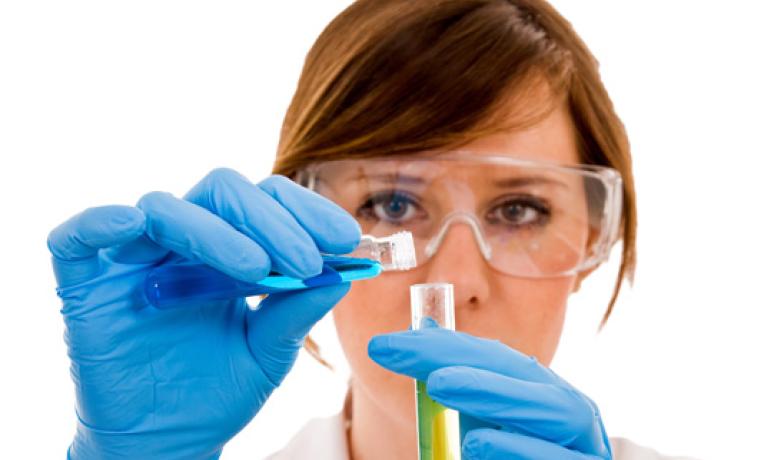Special feature: Highlighting Women Grantees
Some striking projects run by women grantees

Some striking projects run by women grantees
From Software to 'Everyware' Verification
It is already impossible to imagine life without computers. In the future, we will be surrounded by countless tiny computers embedded in everyday objects - or 'everyware' - that can continuously sense the environment, wirelessly share information with each others and act autonomously. But how can we ensure that they are safe and reliable? There have been high-profile cases where expensive products had to be recalled due to unforeseen flaws in software embedded in them. This project is developing model checking techniques for complex communities of 'everyware' to guarantee their safety and reliability.
Read more on Prof. Kwiatkowska's project
Who is left holding the baby?
Researchers are to carry out a comprehensive investigation into how parenting is perceived by professionals, the media, the parents themselves and look into differences across various European countries.The image of the woman in the home, cooking and holding the baby is fast becoming one of previous times. Traditional family roles are being reversed with fathers staying home and mothers going out to work. But is this gender division of labour so clear-cut?
Image: Jan Hering, Courtesy Daniela Grunow
Read more on Dr. Grunow's project
Materials biodegrading without a trace
Preventing excess waste is a challenge and the need to recycle and produce sustainable materials is increasing. This project could influence the design of future plastic-like materials that would break down in the environment the way natural materials do. This innovative technology will also be used for body repair by creating materials that mimic our native tissues and organs.
Read more of Prof. Albertsson's project
The 1000th ERC project: Where asthma bites the dust
Asthma and allergies are complex diseases caused by genetic and environmental factors. Available therapies only control symptoms, and cannot cure or prevent them. Earlier work by Prof. Erika von Mutius showed that children who grow up on farms, are less likely to develop asthma and allergies. Studies have now progressed to the point where a systematic attempt can be made to identify the protective microbes and their immunostimulatory components.
Read more on Prof. von Mutius' project
Towards a new treatment of skin cancer and genetic diseases?
Skin diseases represent a significant health burden. There is a need for robust preclinical models to test interventions and therapies, before costly clinical trials are commenced. Irene May Leigh is developing such models which can be used to identify therapeutic targets for the treatment
of skin cancer and to explore novel approaches to gene and cell therapy. The effects of new small molecules will also be tested.
Read more on Dr. Leigh's project
What does the Greenland ice sheet reveal to us?
Prof. Dorthe Dahl-Jensen's project seeks to map the melt water extent under the Greenland ice sheet for better predicting the ice-sheet's response to climate change. This, in turns, will break new ground in our understanding of future sea level rises. It should also provide opportunities to look for life under the ice and indicates the age of the Greenland ice sheet. The project studied the DNA from the ice core in South Greenland and it already revealed that Boreal forest covered South Greenland before it was ice covered.
Read more on Prof. Dahl-Jensen's project
Managing social and ethical aspects of digital identities
Digital identity management concerns the control of digitalised information related to a person. With digitisation in several domainis of society, the registration of personal identifiable data (or "personal data") is increasing exponentially. The implied risks to fundamental rights like privacy and non-discrimination are recognized on the highest policy levels, but as of today still poorly understood or analyzed. The DigIDeas project examines the social and ethical aspects of digital identities.
Read more on Dr. van der Ploeg's project
- Read more on ERC Gender Equality Plan
- Find all abstracts of ERC-funded projects on the CORDIS website.
Select Theme: "FP7-IDEAS".

